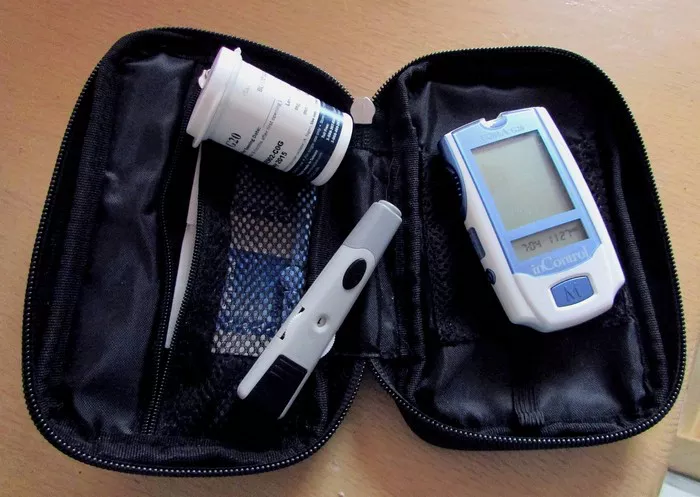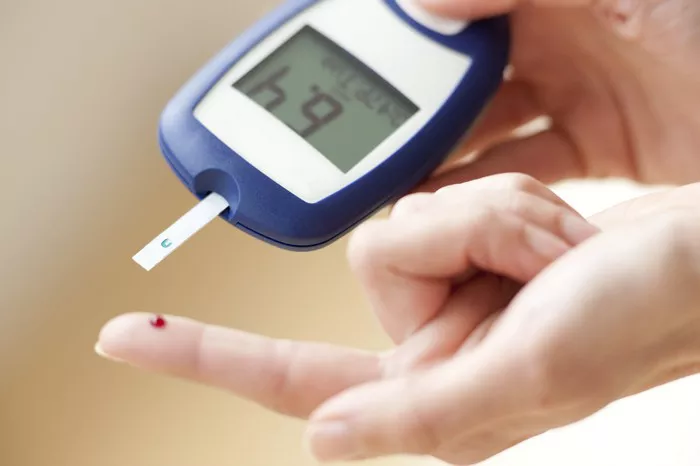Polycystic ovary syndrome (PCOS) is a common hormonal disorder among women of reproductive age. It is characterized by irregular menstrual cycles, ovarian cysts, and elevated levels of androgens, the male hormones. Insulin resistance, on the other hand, is a condition where the body’s cells become less responsive to insulin, resulting in elevated blood sugar levels.
Hormonal Imbalance in PCOS
PCOS is marked by hormonal imbalances, including elevated levels of insulin and androgens. These hormonal disturbances can contribute to insulin resistance and metabolic dysfunction.
Impact of Insulin on Androgen Levels
Insulin plays a crucial role in stimulating the production of androgens by the ovaries and adrenal glands. Elevated insulin levels can lead to increased androgen production, contributing to symptoms such as hirsutism, acne, and male-pattern baldness in women with PCOS.
Effect of Insulin on Ovarian Function
Insulin resistance can disrupt ovarian function and menstrual regularity in women with PCOS. It can lead to abnormal follicle development, impaired ovulation, and irregular menstrual cycles, which can contribute to infertility and difficulty conceiving.
Inflammatory Pathways
Chronic inflammation plays a role in the development of insulin resistance in PCOS. Obesity, commonly associated with PCOS, can exacerbate inflammation and insulin resistance, creating a vicious cycle of metabolic dysfunction.
Genetic and Environmental Factors
Genetic and environmental factors may predispose individuals with PCOS to insulin resistance. Genetic factors, combined with lifestyle factors such as poor diet and sedentary behavior, can contribute to the development and progression of insulin resistance in PCOS.
Genetic Factors
Multiple genes have been implicated in the pathogenesis of PCOS, many of which are involved in insulin signaling pathways. These genes may influence insulin sensitivity, ovarian function, and androgen production, all of which are key components of PCOS.
For example, variations in genes encoding insulin receptors, insulin receptor substrates, and other proteins involved in insulin signaling pathways may affect insulin sensitivity and contribute to the development of insulin resistance in PCOS. Similarly, genetic variations in genes related to androgen synthesis and metabolism may influence androgen levels and contribute to the hormonal imbalances observed in PCOS.
Environmental Factors
While genetic factors play a significant role in the development of PCOS, environmental factors also contribute to its manifestation and progression. Lifestyle factors such as diet, physical activity, and obesity can interact with genetic predispositions to exacerbate insulin resistance and metabolic dysfunction in PCOS.
Diet: A diet high in refined carbohydrates, sugars, and processed foods can lead to fluctuations in blood sugar levels and insulin resistance. Conversely, a diet rich in whole foods, fiber, and healthy fats may help improve insulin sensitivity and metabolic health.
Physical Activity: Sedentary behavior and lack of exercise can worsen insulin resistance and metabolic dysfunction in PCOS. Regular physical activity, on the other hand, can improve insulin sensitivity, promote weight loss, and reduce the risk of metabolic complications.
Obesity: Obesity is commonly associated with PCOS and is a major risk factor for insulin resistance. Excess adipose tissue, especially visceral fat, produces pro-inflammatory cytokines and adipokines that contribute to insulin resistance and chronic low-grade inflammation.
Stress: Chronic stress can also impact insulin sensitivity and metabolic health in PCOS. Stress hormones such as cortisol may promote insulin resistance, while stress-related behaviors such as emotional eating can exacerbate metabolic dysfunction.
Health Implications
Insulin resistance in women with PCOS is associated with an increased risk of type 2 diabetes, cardiovascular disease, and metabolic syndrome. Early detection and proactive management of insulin resistance are crucial to prevent complications and improve overall health outcomes.
Practical tips for managing insulin resistance in women with PCOS include adopting a healthy diet, engaging in regular physical activity, maintaining a healthy weight, and managing stress levels. Medications such as insulin-sensitizing drugs or diabetes medications may also be prescribed to improve insulin sensitivity and metabolic health.
Conclusion
The relationship between PCOS and insulin resistance is complex and multifaceted. Early detection and proactive management are essential to mitigate the risk of complications and improve overall health outcomes for women with PCOS. Continued research and collaboration with healthcare professionals are crucial for personalized guidance and treatment options tailored to individual needs and medical history.
Related Topics:
What Is Dangerous Glucose Level?
























